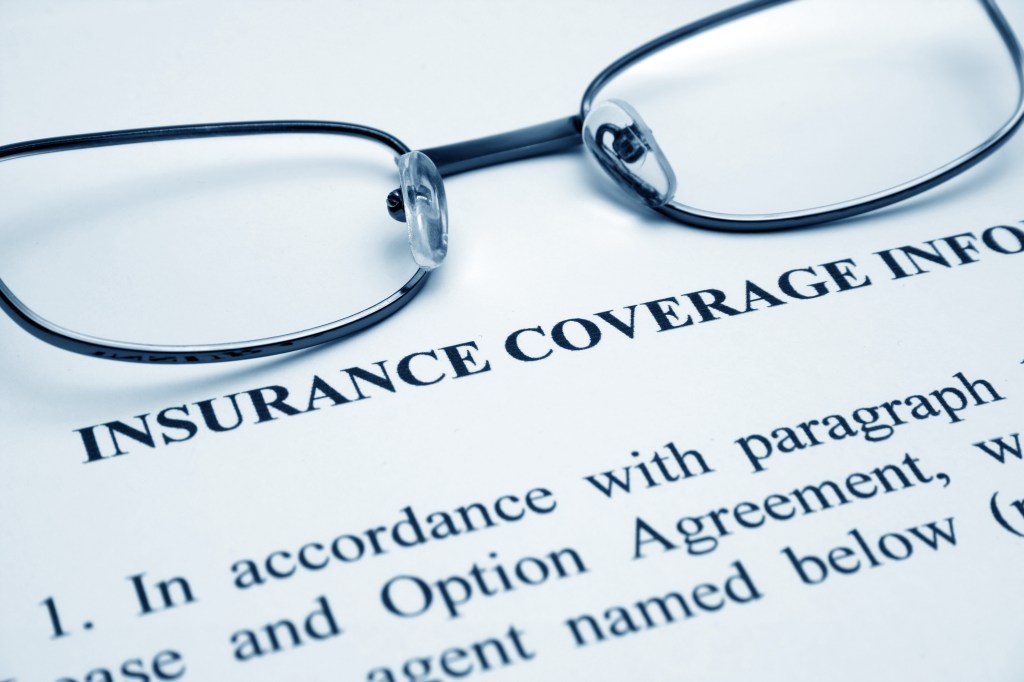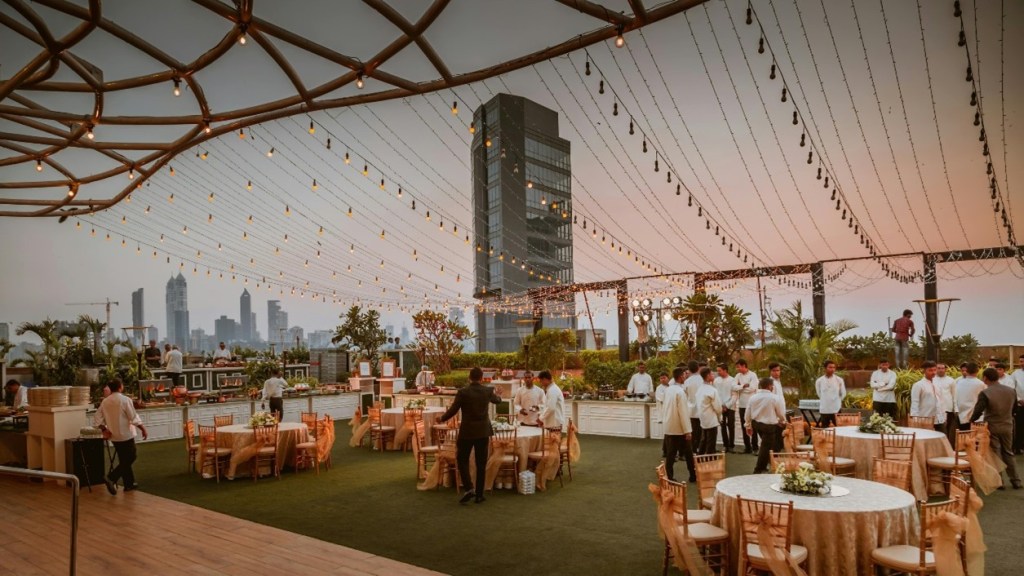Hosting events is a powerful way for nonprofits to raise awareness, engage supporters, and fundraise, but it also comes with risks. From property damage to personal injury, even the most well-planned events can face unexpected challenges. That’s where special event insurance, event liability insurance, and nonprofit liability insurance become essential.
Whether you’re organizing a community gathering or a large fundraiser, having insurance for nonprofit events provides a safety net against lawsuits, medical claims, and financial losses. With the right fundraiser liability insurance, your organization can focus on its mission with confidence and peace of mind.
Types of Nonprofit Events That Require Coverage
From elegant galas and silent auctions to community outreach programs and walkathons, nonprofit events come in many forms, each carrying its own set of risks. Large gatherings may involve rented venues, third-party vendors, or public participation, all of which increase the potential for property damage, injuries, or liability claims. Without proper event liability coverage, organizations may find themselves held responsible for unforeseen accidents or damages.
Even smaller-scale events can face unexpected challenges, making comprehensive insurance essential. Understanding what your policy covers, whether it’s general liability, insurance for charity events, or nonprofit fundraising event insurance, ensures your organization is safeguarded. With the right community event insurance, nonprofits can stay protected, maintain financial security, and focus on their mission with confidence.
What Nonprofit Event Insurance Typically Covers
Nonprofit event insurance is specifically designed to safeguard nonprofit organizations from the wide range of risks that can arise when hosting events. Standard special event coverage typically includes general liability insurance, which protects against third-party claims of bodily injury or property damage that may occur during the event. This is especially important for events open to the public, where the risk of accidents or mishaps is higher.
Coverage often extends to property damage involving rented venues, tents, stages, or equipment, ensuring that nonprofits aren’t left with unexpected repair or replacement costs. It also includes protection against injury claims from attendees, volunteers, or vendors, which can be critical for maintaining the organization’s financial stability and reputation.
In addition, cancellation coverage plays a vital role by helping to recover non-refundable expenses if an event must be postponed or canceled due to unforeseen circumstances such as severe weather, vendor no-shows, event postponement, or public health emergencies. Some policies may even offer coverage for lost revenue from ticket sales or sponsorships,
This comprehensive protection allows nonprofits to plan and execute fundraising galas, community outreach programs, festivals, and other events with greater confidence, knowing they are shielded from many of the financial risks that could otherwise derail their mission-driven efforts.
The Importance of Venue and Vendor Requirements

Nonprofit event insurance coverage is designed to safeguard organizations from the unexpected challenges that can arise during event planning and execution. Standard policies typically include event liability coverage, which protects against third-party claims of bodily injury or property damage arising from incidents that occur during the event. This coverage often extends to both property and bodily injury, including damage to rented venues or equipment, as well as injury claims from attendees, volunteers, or vendors.
Many policies also include event cancellation coverage, helping nonprofits recover non-refundable costs if unforeseen circumstances force a cancellation. For organizations seeking more protection, additional endorsements can be added to cover specific risks such as liquor liability, weather-related disruptions, or damage to valuable equipment.
With this comprehensive and customizable protection, nonprofits can plan and host events with greater confidence, knowing they are shielded from a wide range of financial and legal risks.
Volunteers and Liability: Who’s Responsible?
Volunteers are the heart of many nonprofit events, but when accidents happen, questions of responsibility can quickly arise. Who is liable if a volunteer is injured or unintentionally causes harm? That’s where volunteer event insurance becomes essential. Several nonprofit volunteer liability policies include general liability and property and bodily injury coverage, which can extend to volunteers and event staff. To ensure full protection, event holders and nonprofits should clearly define volunteer roles, provide proper training, and confirm that their insurance includes coverage for liability for event staff and volunteers alike.
Liquor, Food, and Activities: Expanded Risk Areas
From wine tastings to carnival games, the activities nonprofits offer at events can significantly increase their risk exposure. Serving alcohol may require special permits and opens the door to potential claims, making liquor liability, including host liquor liability insurance, a critical consideration for charity events. This type of coverage is especially important when alcohol is provided but not sold, as it protects the organization from liability related to alcohol-related incidents involving guests.

Similarly, food service, especially when prepared or handled by volunteers, can lead to food service liability issues, such as foodborne illness or allergic reactions. Even recreational elements like games or inflatables can result in injuries. These incidents not only pose safety concerns but can also lead to significant financial losses for the organization if not properly insured. That’s why effective event risk management is essential.
Nonprofits should assess these expanded risk areas and ensure their insurance policies provide adequate coverage for all planned activities, including alcohol service, food handling, and interactive attractions.
Temporary Event Insurance vs. Annual Policies
When it comes to protecting your nonprofit’s events, choosing between temporary event insurance and an annual policy depends on your organization’s needs and how often you host events. One-day event insurance is ideal for single fundraisers or seasonal gatherings, offering short-term, event-specific protection. For events that span more than one day, multi-day event insurance provides extended coverage tailored to multi-day festivals, conferences, or retreats, ensuring continuous protection throughout the entire event duration.
On the other hand, annual policies provide continuous nonprofit general liability coverage, making them a cost-effective option for organizations with multiple events throughout the year. Understanding the scope and benefits of each helps ensure your nonprofit is properly covered, without overspending or leaving gaps in protection.
Understanding Cost Factors for Event Insurance
When budgeting for event insurance, nonprofits need to understand the key factors that influence nonprofit insurance costs. Premiums are typically based on the event’s size, location, type of activities, and duration. A large fundraiser with hundreds of attendees, alcohol service, or high-risk activities like inflatables will likely cost more to insure than a small indoor seminar.

Insurance policies are designed to provide coverage for these varying risk levels, but nonprofits may need to explore additional coverage options for specific exposures such as liquor liability, weather-related cancellations, or equipment damage. Additionally, venues may have specific requirements that affect pricing event insurance, including minimum coverage limits or endorsements. By evaluating these variables early in the planning process, nonprofits can better estimate costs, avoid surprise fees, and ensure they purchase coverage that offers the right protection for their unique event needs.
Customizing Policies to Match Your Organization’s Needs
Not all nonprofit events are created equal, and neither are their insurance needs. Whether you’re hosting a silent auction, setting up a petting zoo, or renting inflatables for a family fun day, it’s essential to consider custom insurance policies. While a business owner policy may offer general protection for day-to-day operations, it often doesn’t extend to the unique risks associated with public events. That’s where special event liability coverage comes in; it’s designed to address specific exposures like live animals, equipment damage, or participant injuries.
Working closely with an insurance company that understands the nonprofit sector can help ensure your coverage is tailored to your event’s unique elements. By customizing your nonprofit event insurance, you can secure event-specific risk protection that aligns with your activities and safeguards your organization from unexpected claims.
How Insurance Helps Safeguard Donor Trust
In the world of philanthropy, donor trust is everything. Donors want to feel confident that their contributions are protected and utilized responsibly. While insurance is often associated with legal and financial safeguards, it also plays a crucial role in reinforcing donor trust and strengthening nonprofit governance. Having comprehensive insurance coverage, including protection for medical expenses resulting from event-related injuries, signals fiscal responsibility and strategic foresight. It reassures donors, partners, and stakeholders that an organization is prepared for unforeseen risks.
Whether protecting the event holder from liability, covering property damage, or ensuring continuity during operational disruptions, insurance for nonprofit credibility demonstrates a commitment to stability and accountability. It also provides peace of mind for board members, who are often legally and financially responsible for the organization’s actions. This not only safeguards the organization but also strengthens donor confidence, ensuring that generosity is met with responsible stewardship.
When Your Nonprofit Hosts Collectibles or Art: Coverage Considerations

When hosting a fundraiser featuring valuable collectibles or rare artwork, collection insurance is more than just an extra precaution; it’s a necessity. Standard event insurance may not fully cover loss, theft, or damage, leaving your organization vulnerable. Investing in the right coverage ensures that these treasured items are safeguarded, giving donors, artists, and collectors confidence in your event’s security. Whether it’s insuring collectibles at events or securing an event display insurance policy, nonprofits that prioritize proper protection can uphold trust, protect assets, and avoid losing significant money due to unforeseen incidents. This proactive approach not only preserves valuable items but also helps create a seamless, worry-free experience for all involved.
Sources:
https://duuo.ca/blog/make-sure-event-insurance-is-on-your-non-profits-event-checklist/
https://www.bfsaulinsurance.com/blog/how-much-insurance-do-i-need-to-cover-my-nonprofit-event
https://www.boardeffect.com/blog/do-nonprofits-need-liability-insurance/
https://esportsinsurance.com/nonprofit-event-insurance/
https://alkemeins.com/understanding-event-insurance-for-nonprofit-fundraisers/
https://www.springly.org/en-us/blog/a-guide-to-event-insurance-for-nonprofit-organizations/
https://www.phly.com/rms/blog/non-profit-special-event-insurance.aspx
https://www.insureon.com/blog/special-event-insurance-for-nonprofit-organizations





























